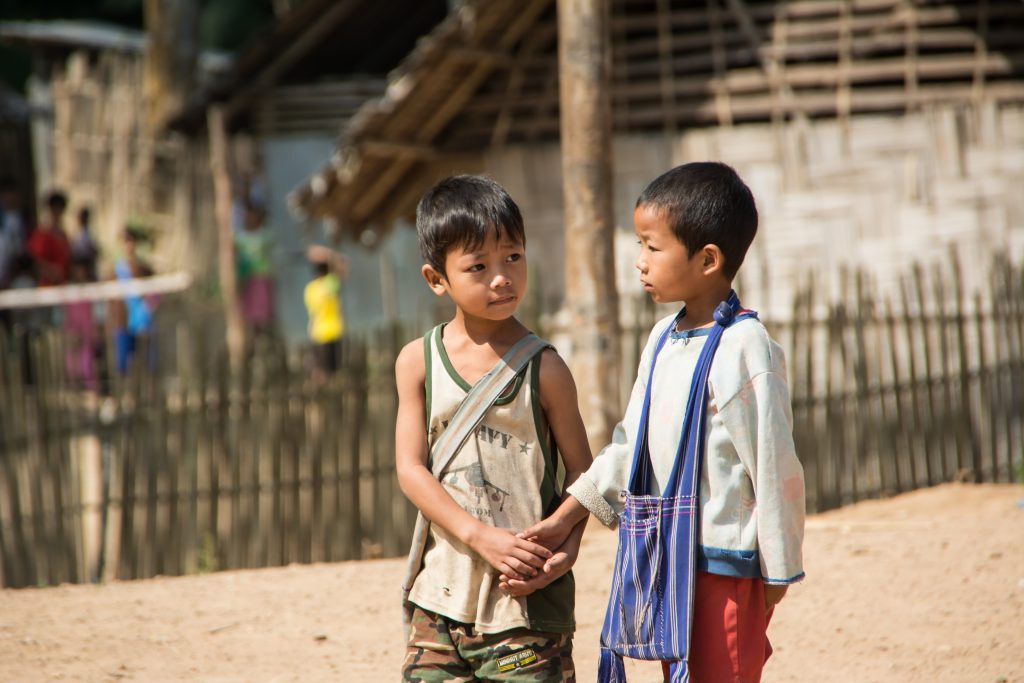World Refugee Day 2019 is an opportunity to reject the language of hate and express our solidarity with those living in exile – it is also a chance to think about how education can support migrants and refugees in making better lives for themselves, writes Konstantinos Pagratis

World Refugee Day, which falls every year on 20 June, promotes awareness of the plight of refugees and reminds us of our common humanity, of the commitments we have made and of the urgent need to keep them. At UIL, it prompts us to reflect on the kinds of educational opportunities available to refugees and migrants and the best approaches we can take in helping them integrate and flourish in their host societies.
The 2018 Global Compact on Refugees and the 2019 Global Education Monitoring Report, Building Bridges, Not Walls, highlight relevant international efforts to integrate migrants and refugees into the formal education system. But there has been too little action, at the local, national or international level, to address the educational needs of migrating, displaced and hosting populations, or to coordinate actions to ensure education supports people in entering the world of work and participating fully in their host communities.
This raises a number of questions. What actions, for example, should we take in order to support the development of soft skills and the labour market integration of refugees and asylum seekers through online or blended learning opportunities? How do we tackle the recognition, validation and accreditation (RVA) of the non-formal and informal learning of refugees and migrants?
The latter question was the subject of UIL’s 2018 publication, Pathways to Empowerment, which considered how best to recognize the competences of Syrian refugees in Egypt, Iraq, Jordan, Lebanon and Turkey. It recommended that governments in the region develop comprehensive national strategies – as opposed to ad hoc projects – in order to recognise the competences of Syrian refugees. In too many cases, it found, policy is fragmented and there is too little opportunity to learn form best practice.
Since 2011, millions of Syrians have fled their homeland to seek refuge in other countries, mostly in the Arab region. But the predicament of refugees and migrants is truly a global issue. By 2021, 4 million Venezuelans are expected to be living in Colombia while, in May 2018, the number of refugees and migrants living in my native Greece exceeded 60,000.
This shows how very important it is to learn from one another and to find ways to translate our values and objectives into actions that can provide meaningful support and a better life for refugees, including access to education and lifelong learning opportunities; very often the key to successful integration for vulnerable populations.
There is particular interest in this issue among cities, and inclusion will be the special focus of the fourth International Conference on Learning Cities, in Medellín, Colombia, in October this year. Cities have the potential to initiate fast and rapid bottom-up policy reforms and the UNESCO Global Network of Learning Cities supports learning initiatives in cities around the world, enabling them to address the challenges of sustainable development. Case studies from cities in Latin America and the Mediterranean show the level of support refugees receive from local and national authorities, but also highlight several symptoms of exclusion, which demand the implementation of better stability and inclusion mechanisms.
Some of these examples will be shared and discussed at the fourth International Conference on Learning Cities, where thematic sessions will include a focus on refugees and migrants. It is critical that local actions and practices that promote exclusion through lifelong learning are shared and, where appropriate, replicated. As World Refugee Day reminds us, only by listening to the voices of refugees and their host communities, and fostering understanding and cooperation between them, can we ensure the policies we develop reflect and respond to real social, economic and education need.
Konstantinos Pagratis is an Assistant Programme Specialist at UIL
